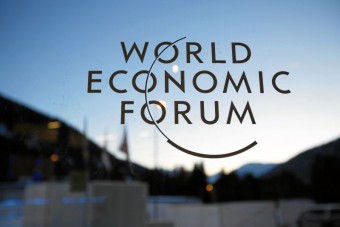 Every year, the World Economic Forum (WEF) brings together the world’s business, economic and political leaders in Davos to discuss the challenges and future of the world economy. The theme for this year is Mastering the Fourth Industrial Revolution.
Every year, the World Economic Forum (WEF) brings together the world’s business, economic and political leaders in Davos to discuss the challenges and future of the world economy. The theme for this year is Mastering the Fourth Industrial Revolution.
Learning how humankind can benefit from this revolution while addressing its challenges was also the central aim of the WEF Annual Meeting this year. According to Professor Klaus Schwab, founder and executive chairman of the WEF, “It is important that leaders and citizens work together to shape a future that works for all by putting people first, empowering them and constantly reminding ourselves that all of these new technologies are first and foremost tools made by people for people.”
Entrepreneurship has been identified as one of the drivers of sustainable economic growth. Entrepreneurs create new businesses, drive and shape innovation, speed up structural changes in the economy, and introduce new competition – all of which contribute to productivity.
Entrepreneurs create and bring to life new technologies, products and services, building new markets and jobs along the way. However, the most common challenge that many entrepreneurs face, namely funding, has not been addressed adequately. If we are to truly make a significant global change in growing the economy through entrepreneurship, then we need to look at ways of supporting and developing our entrepreneurs and small businesses.
The circular economy
The WEF recently hosted The Circulars 2016, the annual awards that recognize innovation and achievement in the circular economy. According to Accenture Strategy Research this is done for two reasons: Companies both large and small can make a big impact with circular models across multiple sectors. And the opportunity is one of massive growth. By simply shifting from today’s model of ‘take, make, waste’ the global economy could unlock $25 trillion of otherwise lost revenue by 2050. The circular economy focuses on creating and promoting new business opportunities that entail entrepreneurship and eco-innovation.
Entrepreneurs will be the key custodians in leading the transition to a circular economy business model and closing the loop on dwindling resources. This is what we need to be focusing on – pairing entrepreneurial spirit and the concerted effort to finding solutions with the many challenges and problems that we face as a country and a continent.
http://waste-management-world.com



